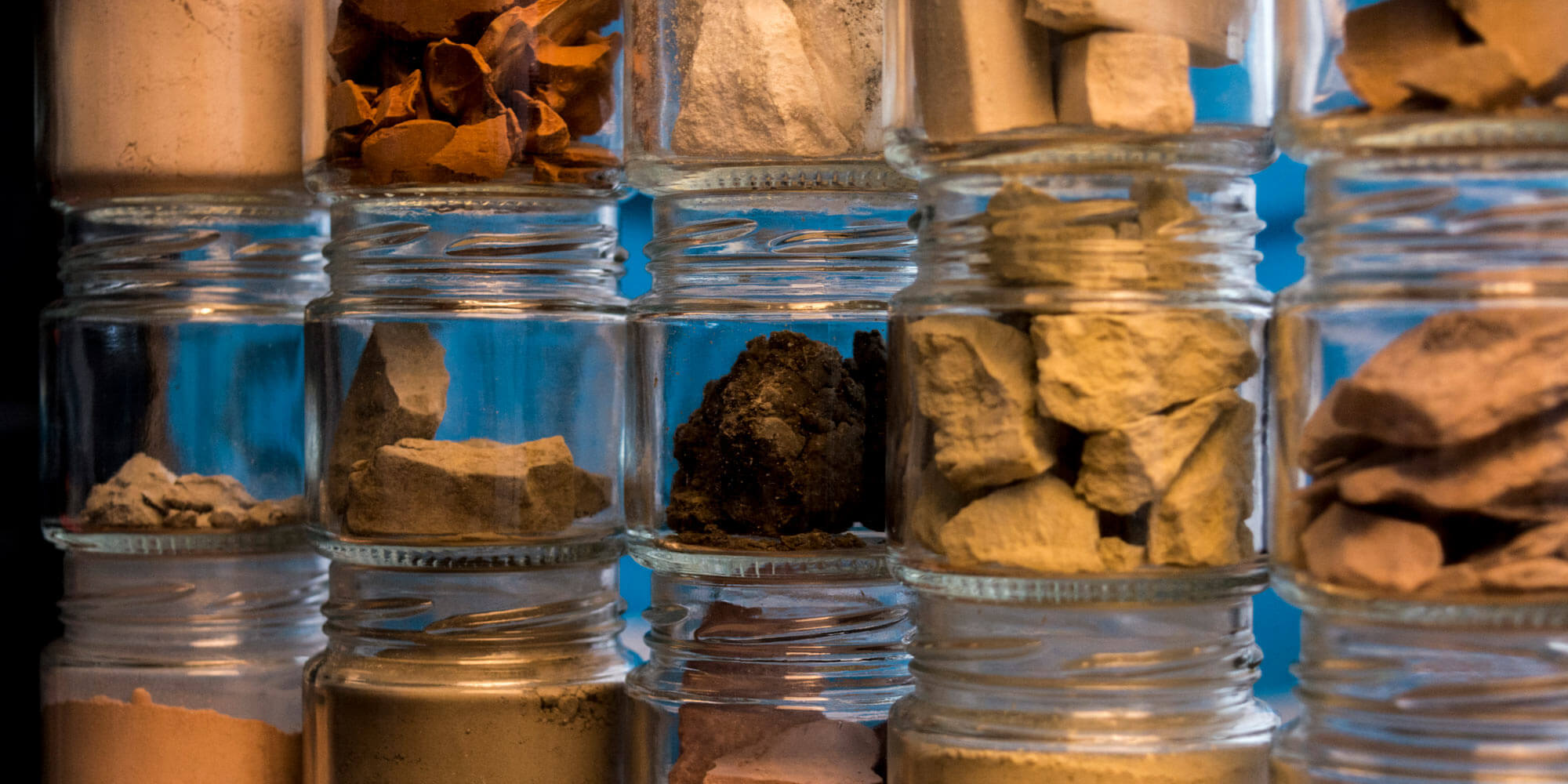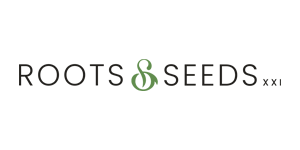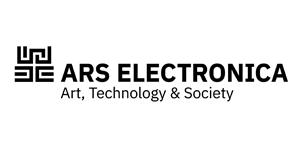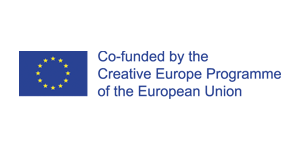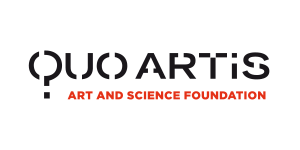The Campus Cartographies are an exploration of plant diversity in and around the Kepler Gardens taking place during this year’s Ars Electronica Festival in the framework of Roots & Seeds XXI. Together with host Veronika Krenn, the participants dive into one aspect that has a critical impact on our plant life: the soil that is its basis for growth.
Over the course of two mornings, the campus of the Johannes Kepler University in Linz becomes the site of these expeditions: a location that brings together students, researchers, university staff and local residents, and where lively park areas as well as university and residential buildings encounter the wood- and farmland at the periphery of the city.
The Campus Cartographies kick off on their first day with inspiration sessions by artists Masha Ru Studio, who are introducing their project Museum of Edible Earth, as well as Andreas Zingerle and Raphael Perret, whose work Toxische Geschichten investigates so called hyperaccumulators – plants that can grow on soil with high heavy metal content. These input sessions also include an introduction into the specific make up of plant diversity, biodiversity, and soil conditions in the area of Linz.
The second day is dedicated to a walking tour through the campus and surroundings of the university, which will lead into the mapping and creation of cartographies of plant life by the workshop participants.
Workshop Host:
Since 2017 she is part of the bb15, space for contemporary art.
Speakers Inspiration Sessions:
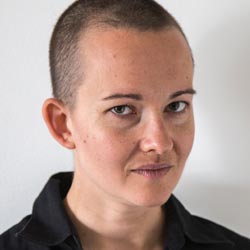 masharu (NL/RU), born in Moscow, lives and works in Amsterdam. masharu is an earth eater and an earth lover. masharu’s projects combine scientific research with a personal approach and traditional practices. In 2011 they obtained a PhD in Mathematics from Eindhoven University of Technology and graduated with honors from Photo Academy Amsterdam. In 2013-2014 they were Artist-in-Residence at Rijksakademie van Beeldende Kunst in Amsterdam. In 2018 masharu was an artist fellow at the Netherlands Institute for Advanced Study in the Humanities and Social Sciences (NIAS-KNAW).
masharu (NL/RU), born in Moscow, lives and works in Amsterdam. masharu is an earth eater and an earth lover. masharu’s projects combine scientific research with a personal approach and traditional practices. In 2011 they obtained a PhD in Mathematics from Eindhoven University of Technology and graduated with honors from Photo Academy Amsterdam. In 2013-2014 they were Artist-in-Residence at Rijksakademie van Beeldende Kunst in Amsterdam. In 2018 masharu was an artist fellow at the Netherlands Institute for Advanced Study in the Humanities and Social Sciences (NIAS-KNAW).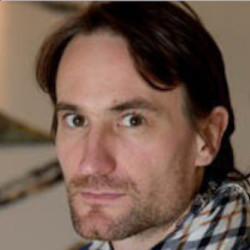 Raphael Perret (CH) (https://raphaelperret.ch) and Andreas Zingerle (AT) (https://www.andreaszingerle.com) have been dealing with digitalization and the resulting effects on humans, the environment and nature in their artistic works for years. In past works Andreas analyzed e-waste from West Africa with the Kairus Collective, Raphael undertook several research trips to India to document recycling routes and working conditions. Both research projects have already been presented at the Art Meets Radical Openness Festival and the Ars Electronica Festival 2016. Their artistic research is continuously published, „Machines of Desire“ (2014, Amsel Verlag, Zurich) or „Behind the smart world“ (2015, servus.at) and „The Internet of other people’s things“ (2018, servus.at).
Raphael Perret (CH) (https://raphaelperret.ch) and Andreas Zingerle (AT) (https://www.andreaszingerle.com) have been dealing with digitalization and the resulting effects on humans, the environment and nature in their artistic works for years. In past works Andreas analyzed e-waste from West Africa with the Kairus Collective, Raphael undertook several research trips to India to document recycling routes and working conditions. Both research projects have already been presented at the Art Meets Radical Openness Festival and the Ars Electronica Festival 2016. Their artistic research is continuously published, „Machines of Desire“ (2014, Amsel Verlag, Zurich) or „Behind the smart world“ (2015, servus.at) and „The Internet of other people’s things“ (2018, servus.at).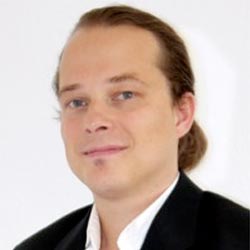 Andreas Zingerle (AT) (https://www.andreaszingerle.com) and Raphael Perret (CH) (https://raphaelperret.ch) have been dealing with digitalization and the resulting effects on humans, the environment and nature in their artistic works for years. In past works Andreas analyzed e-waste from West Africa with the Kairus Collective, Raphael undertook several research trips to India to document recycling routes and working conditions. Both research projects have already been presented at the Art Meets Radical Openness Festival and the Ars Electronica Festival 2016. Their artistic research is continuously published, „Machines of Desire“ (2014, Amsel Verlag, Zurich) or „Behind the smart world“ (2015, servus.at) and „The Internet of other people’s things“ (2018, servus.at).
Andreas Zingerle (AT) (https://www.andreaszingerle.com) and Raphael Perret (CH) (https://raphaelperret.ch) have been dealing with digitalization and the resulting effects on humans, the environment and nature in their artistic works for years. In past works Andreas analyzed e-waste from West Africa with the Kairus Collective, Raphael undertook several research trips to India to document recycling routes and working conditions. Both research projects have already been presented at the Art Meets Radical Openness Festival and the Ars Electronica Festival 2016. Their artistic research is continuously published, „Machines of Desire“ (2014, Amsel Verlag, Zurich) or „Behind the smart world“ (2015, servus.at) and „The Internet of other people’s things“ (2018, servus.at). Tiziana Centofanti (IT) (https://www.alchemia-nova.net/team/tiziana-centofanti/)is an Environmental Scientist at alchemia-nova and a Visiting Professor at Central European University (https://people.ceu.edu/tiziana_centofanti). She holds a Ph.D. in Environmental Sciences, a B.Sc. and M.Sc. in Agricultural Sciences (with distinction). Tiziana has developed, led, and managed multiple projects in the field of green-technologies and nature-based solutions for water and soil contamination. She is an expert in metal hyperaccumulator plant research, with multiple scientific publications and documented skills in soil-plant-environmental research.
Tiziana Centofanti (IT) (https://www.alchemia-nova.net/team/tiziana-centofanti/)is an Environmental Scientist at alchemia-nova and a Visiting Professor at Central European University (https://people.ceu.edu/tiziana_centofanti). She holds a Ph.D. in Environmental Sciences, a B.Sc. and M.Sc. in Agricultural Sciences (with distinction). Tiziana has developed, led, and managed multiple projects in the field of green-technologies and nature-based solutions for water and soil contamination. She is an expert in metal hyperaccumulator plant research, with multiple scientific publications and documented skills in soil-plant-environmental research. Markus Puschenreiter (AT) works as a soil ecologist at the University of Natural Resources and Applied Life Sciences (BOKU) and also collaborates with the Burgenland-based engineering company Natur-Umwelt-Nachhaltigkeit. At BOKU, his research interests include the interaction of plant roots and soil, as well as metal-accumulating plants – an unusual plant group that stores extraordinarily high concentrations of metals in the leaves, making them interesting both for the purification of polluted soils and for metal extraction.
Markus Puschenreiter (AT) works as a soil ecologist at the University of Natural Resources and Applied Life Sciences (BOKU) and also collaborates with the Burgenland-based engineering company Natur-Umwelt-Nachhaltigkeit. At BOKU, his research interests include the interaction of plant roots and soil, as well as metal-accumulating plants – an unusual plant group that stores extraordinarily high concentrations of metals in the leaves, making them interesting both for the purification of polluted soils and for metal extraction. Credits
This event organized in the framework of Roots & Seeds XXI. Biodiversity Crisis and Plant Resistance is co-funded by the Creative Europe Programme of the European Union.
Roots & Seeds XXI. Biodiversity Crisis and Plant Resistance is an international cooperation project between Ars Electronica (AT), Leonardo-OLATS (FR), University of Barcelona (ES) and Quo Artis (ES) as lead partner, and co-funded by the Creative Europe Programme of the European Union. With this project, we sustain we can get better action and behavioural commitments to sustainability by using Art & Science practices, approaches, techniques and aesthetics to develop passion and emotional connection for sustainable organizing and living, trying to promote habits that take care of our environment and specifically our plants, contributing to our botanical literacy.
